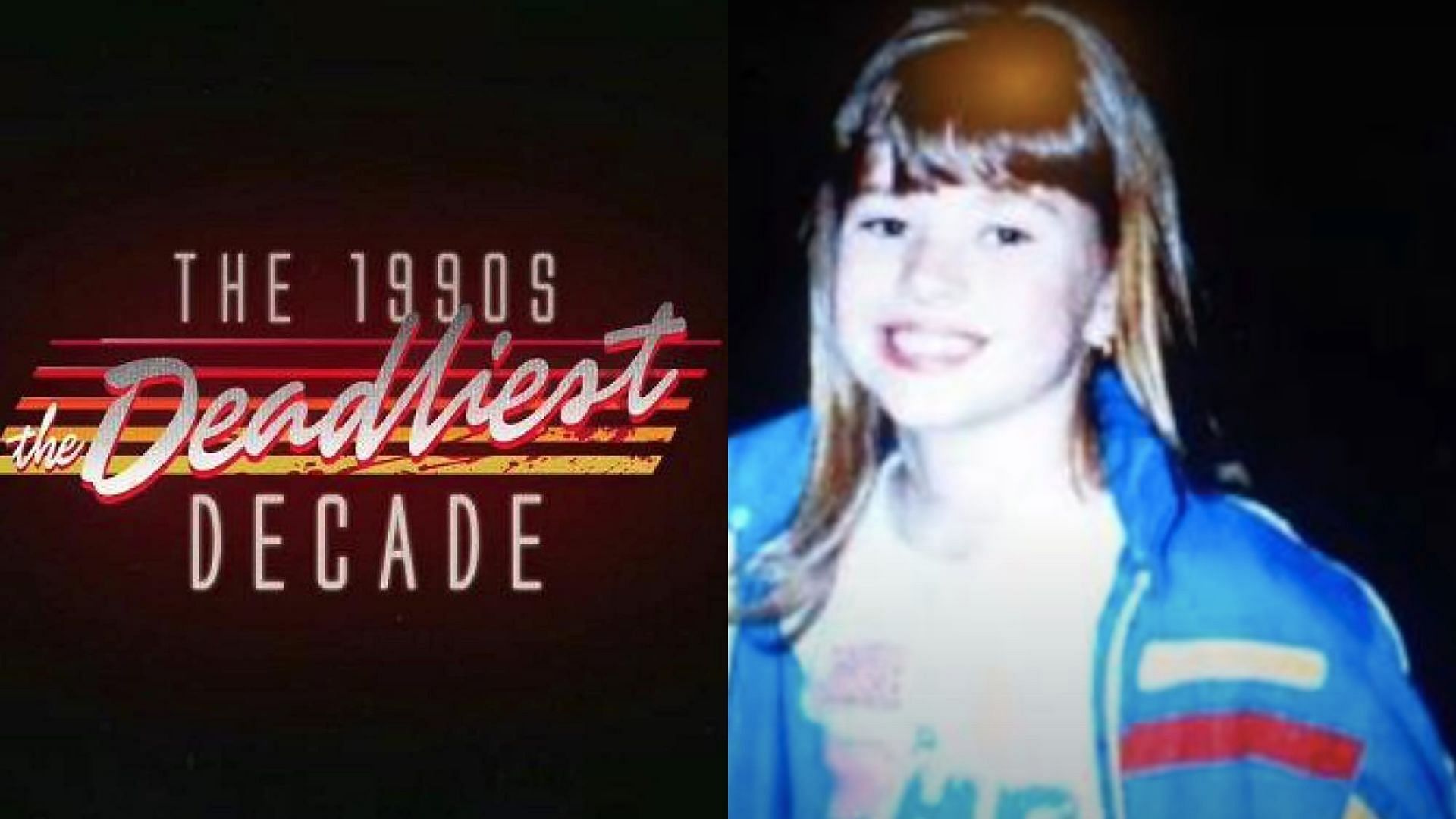
Breaking: Discover The Latest On Shanda Sharer – The Full Guide! – What You Didn’t Know!
Shanda Sharer: A Life Interrupted
In 1992, a horrific act of violence shattered the life of Shanda Sharer, a 12-year-old girl from Kentucky. Abducted, tortured, and murdered by four teenage girls, Shanda’s case became a symbol of the unimaginable cruelty that can exist within the hearts of young people.
Over two decades have passed since Shanda’s tragic death, but her story continues to resonate with the public. This comprehensive guide delves into the full details of the case, exploring the events leading up to the crime, the trial and its aftermath, and the ongoing impact of Shanda’s legacy.
The Abduction
On January 11, 1992, Shanda Sharer was walking home from a friend’s house when she was approached by four girls: Melinda Loveless, Hope Rippey, Laurie Tackett, and Tracy Tackett. The girls lured Shanda into their car, claiming they needed help finding a lost puppy.
Once inside the car, the girls’ demeanor changed. They began taunting and mocking Shanda, escalating to physical abuse. They drove her to a secluded wooded area, where the torture and murder would take place.
The Torture and Murder
For hours, the girls subjected Shanda to unimaginable torment. They beat her with a tire iron, burned her with cigarettes, and carved their initials into her skin. Shanda’s screams went unanswered as the girls reveled in their cruelty.
As the night wore on, the girls decided to end Shanda’s life. They stabbed her multiple times in the chest and left her body in the woods. The discovery of Shanda’s body the next day sent shockwaves through the community.
The Investigation and Trial
The investigation into Shanda’s murder initially focused on local suspects, but it wasn’t until the girls began bragging about their crime that they were implicated.
The trial that followed was a highly publicized and emotional affair. The girls’ young age and lack of remorse shocked and angered the public. Ultimately, Melinda Loveless and Hope Rippey were convicted of murder and sentenced to life in prison.
Laurie Tackett and Tracy Tackett were convicted of lesser charges and served shorter sentences. The trial and its aftermath raised important questions about juvenile justice and the role of mental health in violent crimes.
The Aftermath
Shanda Sharer’s murder had a profound impact on her family, friends, and the entire community. Her parents, Steve and Jackie Sharer, dedicated their lives to advocating for victims of violent crime and promoting youth counseling programs.
The Shanda Sharer Foundation, established in her memory, provides support to families of murder victims and works to raise awareness about the dangers facing children.
Melinda Loveless: A Path to Redemption?
In recent years, Melinda Loveless has made headlines with her efforts to seek redemption for her role in Shanda Sharer’s murder. She has apologized for her actions and expressed remorse for the pain she caused.
Loveless has been granted parole twice, but both times her release has been blocked by the Kentucky Parole Board. The debate over whether she deserves a second chance has reignited public interest in the case.
Hope Rippey: Facing Her Demons
Hope Rippey, serving a life sentence for her involvement in Shanda Sharer’s murder, has also spoken out about her actions. In a 2016 interview, she admitted that she had been deeply involved in the abuse and stabbing.
Rippey expressed regret for her role in the crime and said that she deserved to be punished. She has since become an advocate for mental health awareness, hoping to prevent other young people from making the same mistakes she did.
The Tackett Sisters: Seeking Redemption
Laurie and Tracy Tackett, who were convicted of lesser charges in Shanda Sharer’s murder, have also attempted to atone for their actions. Laurie Tackett has become involved in prison ministry, while Tracy Tackett has spoken out against bullying and violence.
The Tackett sisters have expressed remorse for their roles in the crime and have apologized to Shanda’s family. Their efforts towards redemption have sparked a debate about the possibility of rehabilitation for juvenile offenders.
The Legacy of Shanda Sharer
Shanda Sharer’s tragic death continues to serve as a reminder of the devastating consequences of youth violence. Her story has inspired countless efforts to promote awareness and prevent similar crimes from happening again.
The Shanda Sharer Foundation, established in her memory, continues to provide support to families of murder victims and advocates for victims’ rights. Her legacy lives on as a symbol of hope and resilience in the face of unspeakable tragedy.
Conclusion
The case of Shanda Sharer remains one of the most chilling and heartbreaking crimes in modern history. The unimaginable cruelty inflicted upon her by four teenage girls shocked and horrified the nation, raising important questions about juvenile justice and the nature of evil.
Through the dedication of Shanda’s family and the tireless efforts of advocates, her legacy lives on as a testament to the importance of hope, resilience, and the unwavering pursuit of justice.
Leave a Reply